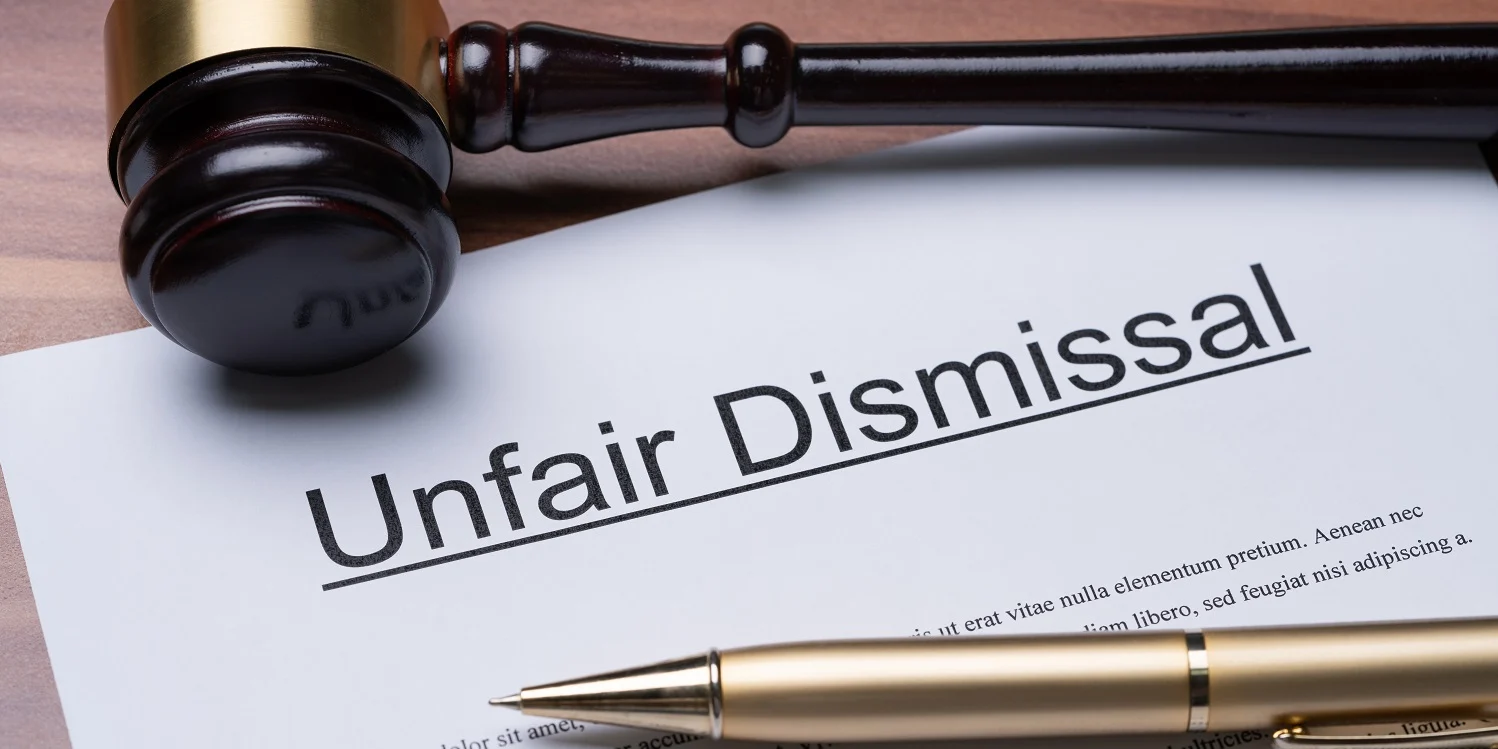Mainwaring v Corus UK Ltd [2007], concerning issues relating to the alleged unfair dismissal of an employee due to long periods of absence caused by the employee’s back problems. The employee had been working as a crane operator for over 30 years. In 2002 he began to suffer from back problems which forced him to be absent from work for long periods of time.
At one point in late January 2006, he again took time off from work due to his back condition. He consulted his general practitioner and was prescribed medication and a course of physiotherapy. He was advised to keep active, to do normal activities when pain allowed, and to avoid heavy lifting or sitting in one place for long periods of time.
Throughout his absence, the employee was visited regularly by B, an occupational therapist employed by the employer. By March 16 the employee’s condition had improved to the point where B concluded that he would be able to return to light work within approximately two weeks, although at that point he was ineligible for a full return to work.
However, in early March the employer received an anonymous “tip” from a colleague of the employee suggesting that the employee may have behaved outside of work inconsistently with him being legitimately absent from work due to health problems. back.
The employer did not take testimony from the informant but decided to undertake surveillance of the employee. As a result, between March 9 and 16, the employee was filmed on three occasions. On two of those occasions, he has seen loading and unloading groceries from the trunk of his car.
After viewing the footage, B concluded that if the employee had informed him that he was capable of performing these duties, he would have recommended that he was fit to return to work without restrictions being placed on him.
Subsequently, on 27 March, a preliminary meeting was held, following which the employee was suspended pending the outcome of a disciplinary assessment. The employee was invited to a disciplinary hearing which was conducted on April 7 by R, the employer’s production manager.
At the outcome of this hearing, R fired the employee on the grounds that he had unjustly declared himself unable to work due to illness when he had instead been able to work. A subsequent internal appeal against the employee’s dismissal was unsuccessful. The employee then filed an appeal with the labour judge, claiming an unlawful dismissal. His request was accepted by the court on the grounds that:
- The employer did not act within the range of reasonable responses by not taking a statement from the informant; And
- The employer, having received a ‘tip’, had proceeded to suspend the employee, thus demonstrating a prejudicial mental predisposition to dismissal.
The employer appealed this decision to the Employment Appeal Tribunal (EAT). The EAT has determined that:
- The court’s finding in connection with the employer’s failure to take a statement from the informant was an error of law;
- The court’s conclusions in relation to the employee’s suspension and the employer’s mentality to fire had been reached on an incorrect factual basis; And
- The court had not considered the effect of the domestic appeals procedure on the fairness of the dismissal proceedings.
The appeal was accepted and it was held that:
- The whistleblower’s disclosure to the employer had not been part of the investigation into the employee’s conduct in fair work australia. The communication had only triggered the investigation. Furthermore, the reasons for dismissal given by the employer made no mention of the complainant’s communication, and there was no evidence to substantiate the claim that the employer had this communication in mind when deciding on the dismissal. In these circumstances, the absence of any witness statement by the informant could not be considered relevant to the reasonableness of the investigation or the decision to dismiss.
- In relation to the court’s conclusions on the accusation that the employer had approached the investigation with dismissal in mind, this conclusion was reached on the basis that, following receipt of the “tip”, the employer had suspended the employee without further consideration. Given the preliminary hearing of 27 March 2006, the court had clearly reached this conclusion on a misunderstanding of the facts.




